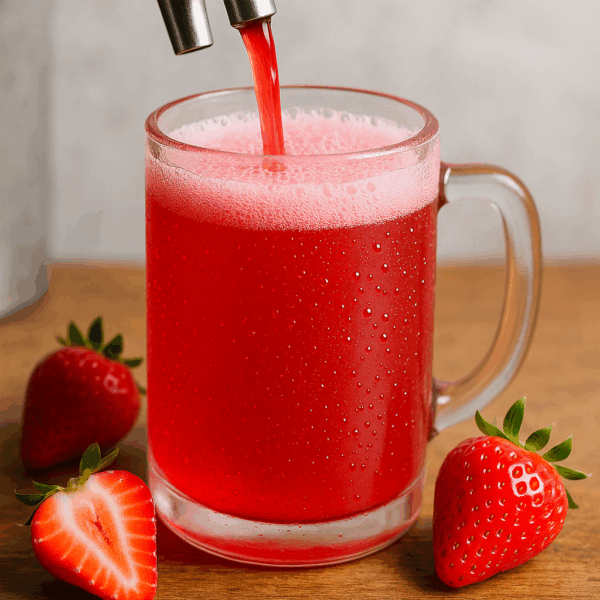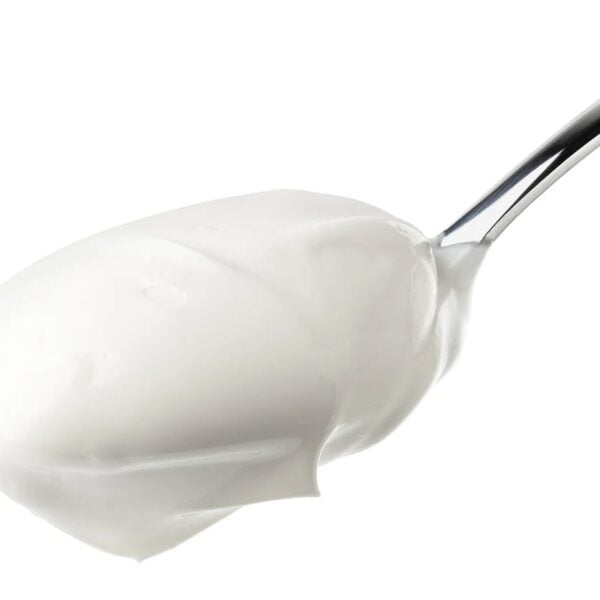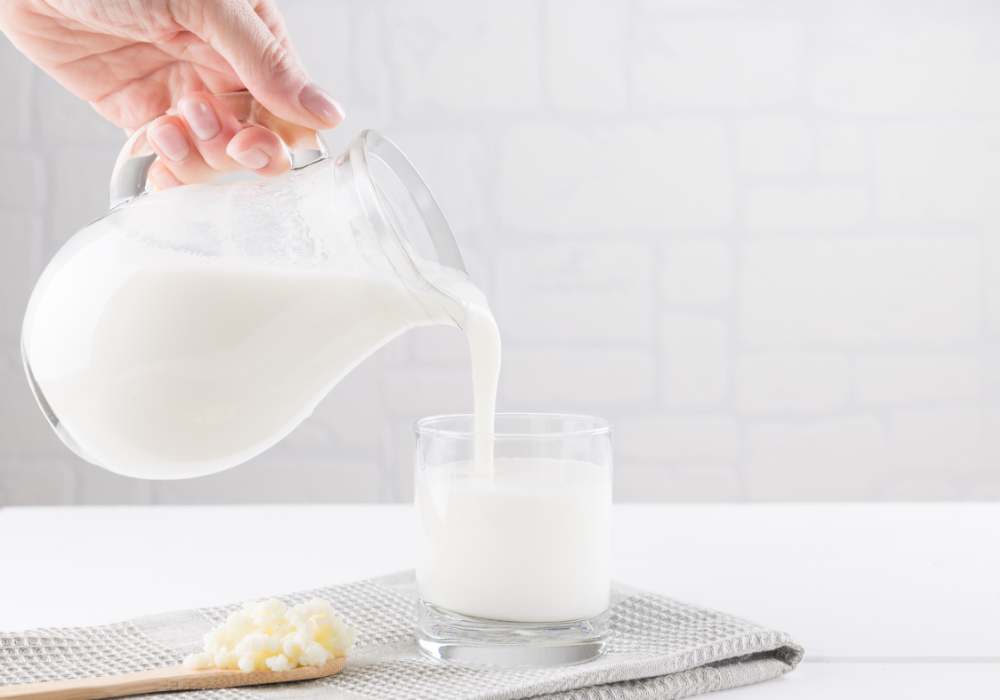In fact, the grains are stronger than your expect. Generally, normal pressing or stirring will not harm the grains. Sometimes the grains will change in size, appearance, and even taste due to changes in ambient temperature. This is normal. Here are a few ways for you to determine whether the grains are dead:
1. Strange colors
The grains are usually white, off-white, and sometimes a little yellow or light orange because they contain yeast. But if it turns pink, blue or black, it is moldy and please throw it away.

2. The grains did not grow more
When raised with milk, the grains will slowly increase. If the number of grains does not increase after more than 1 week, it may be dead. Except for the following two situations, if the grains have just been taken out of the refrigerator, or if you feed them with plant milk, then the number of grains will not increase.
🌿Please note that the grains must eat the lactose in milk to grow, so after every 6 times of feeding with plant milk, be sure to use milk once, otherwise the grains will starve to death.
3. Fermentation failed
The pH of fresh milk is 6.7 to 6.9. After fermentation, the pH value will be reduced. The pH value of successful kefir should be 3.0 to 5.0.
If you use test paper to test and the value is higher than 5.0, please discard the milk grams and try again. If the fermentation continues for more than 5 times and the value does not drop, it means that the grains may be dead.

4. Normal over-fermentation
When kefir milk is over-fermented, a large amount of transparent yellowish liquid is produced, also known as whey protein. At the same time, the white milky part will become very thick, not like bean curd but like cheese.
This situation is normal. You can still drink the milk, but it may taste sour or even a little bitter. You can add honey or jam to it. The grains at this time are healthy and can still be used. Remember to adjust and increase the amount of milk for the next fermentation.











